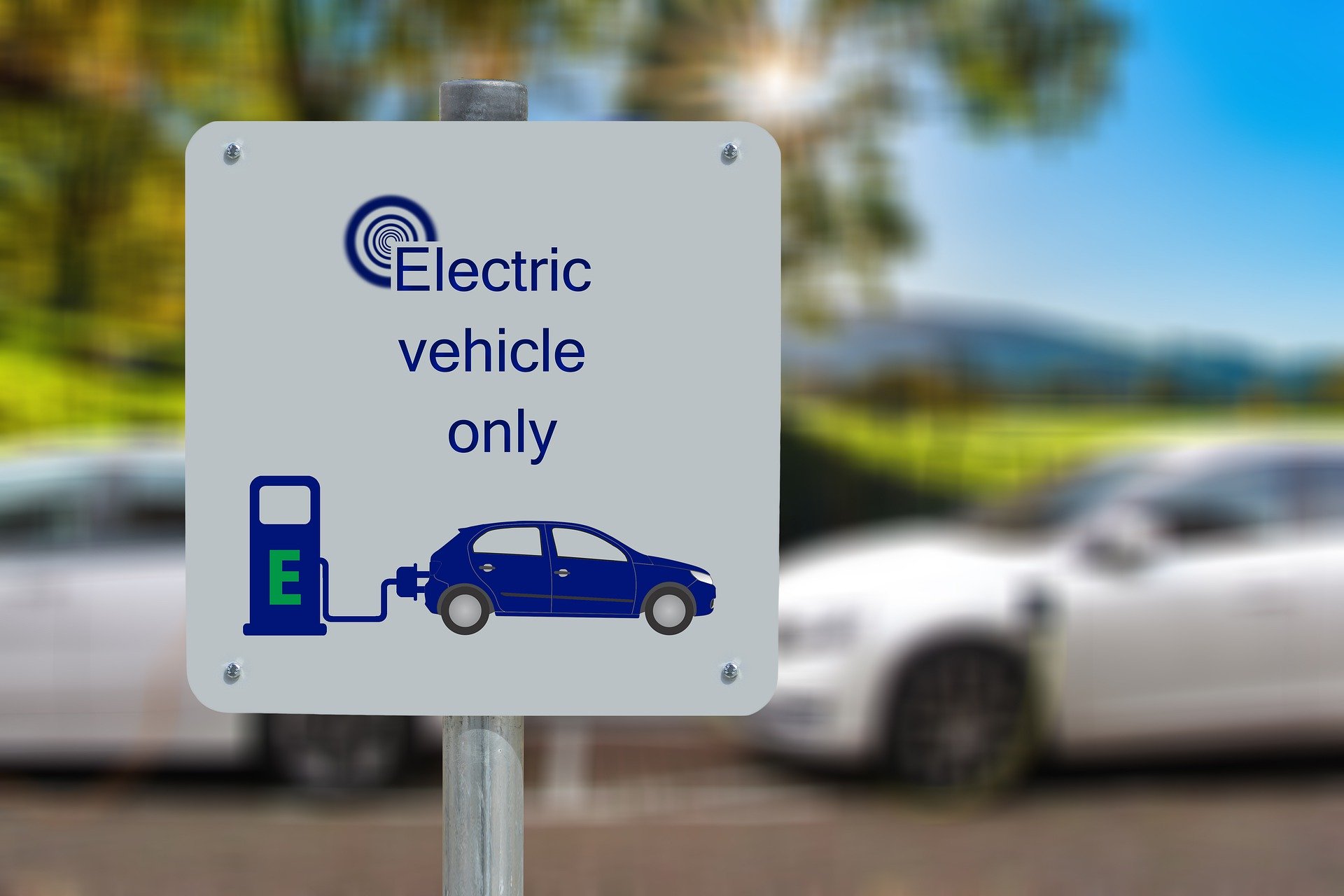London, like cities worldwide has a problem with pollution, and it is a tough one! How are you realistically meant to keep pollution at safe levels in such densely populated areas, that are only expanding? With the increasing amount of people one the need for transport and hence cars will surely continue to go up, yet they are one of the key offenders in terms of air pollution.
The issue
Vehicles are major sources of nitrogen oxides and carbon monoxide with over 50% of these pollutants being linked to traffic in cities. The high concentrations of these gases have been linked to respiratory problems such as asthma and bronchitis and they are cancerogenic. Therefore the reductions of these carcinogens are obviously a positive step for public health, and would help to alleviate pressure on medical facilities in such large cities.

How is London doing air quality wise?
The Uk in the grand scheme of things has relatively clean cities compared to cities in India and China where levels of carcinogens and particulate matter can be far higher, meaning these countries are most in need of policies to reduce pollution. London is though continuing to attempt to lower its level of air pollution, which is needed, given year on year it has surpassed its legal limit for pollution, often very quickly. (Like in 2018 when it exceeded the annual limit within a month).

So whats the plan?
A new strategy to try and combat the problem is being trialled this year, where Beech Street (which runs under the Barbican Estate in London) Will turn into an emission free zone! Where only pedestrians, cyclists and electric/hydrogen powered vehicles will be allowed on the route. Hybrid vehicles are also permitted, granted they can travel for more than 20 miles in emission free mode, meanwhile any diesel or petrol cars will be slapped with a fine.

The location has been chosen for trial given that it often experiences high levels of air pollution, meaning it is one of the locations with the most to gain from the trial. If the trial proves successful though other areas of London could see similar regulations, utilising the zero emission automobiles to bring London within the guidelines for pollutants, as set by the World Health Organisation.
What does this mean about the future?
The potential for success of turning streets emission free is an exciting idea, which will help to lower CO2 emissions from transport as well as reducing pollution. By penalising people with petrol and diesel cars, electric and hybrid cars are likely to be preferable options, especially in cities using such approaches. This allows for a convenient way to encourage the general public to start to acquire the cleaner cars allowing for a faster period of phasing out of older fossil fuel reliant cars.

Possible issues?
The main considerations that will be monitored as the trial starts will be obviously the impact on air quality, but also how traffic is effected, as it may have an adverse effect on traffic in other areas and hence pollution in other nearby locations. If this concept is rolled out more widely however traffic related issues from vehicles using alternative routes should be reduced. The cost of electric cars may however be problematic, as lower income families without the funds to get a new or second hand electric car may therefore struggle to get around, depending on how and where the concept would be expanded to.
An alternative issue however is infrastructure for charging. If London was to go to full zero emission transport, it would require a massive overhaul of the infrastructure in terms of charging points within car parks but also to ensure that the current power supply can take such an increased load. This is because at present the UK’s energy output isn’t high enough to be able to power transport as well as meet domestic and industrial demands.

This being said, in terms of climate change, if the direction the government goes in is in favour of electric cars (which it surely will be), the increase of supply will have to be through renewable means. This would ensure that all available benefits of encouraging the electrification of the transport sector could be gained. Although this still leaves the manufacturing of the cars to made carbon neutral, as currently you would have to drive over 30,000km in an electric car just to offset the CO2 used for its production.
Either way assuming this trial is successfully it could be a massive step forward to solve both the air quality issues within large cities and to help mitigate climate change. Although I know personally I wont be able to afford an electric car any time soon.
Thanks for reading
Bryce Dixon



